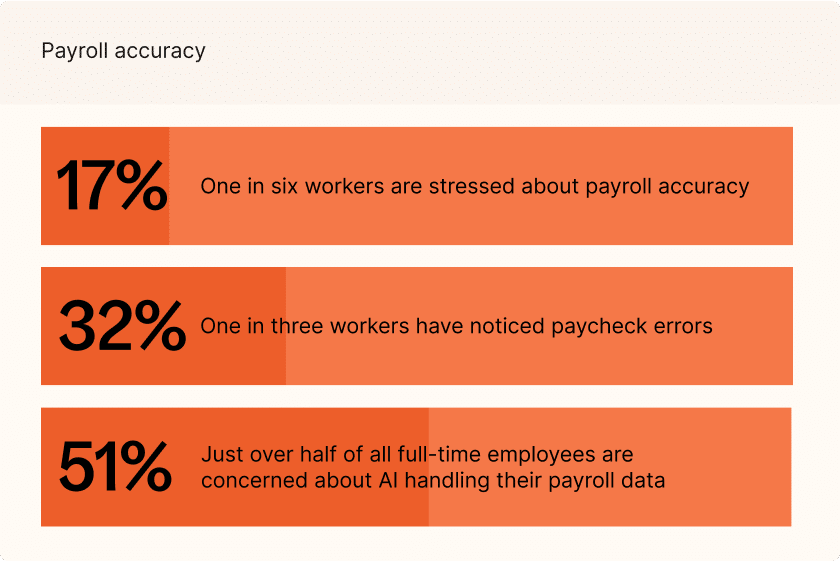A growing body of research is pointing to one looming conclusion: men, particularly millennials, aren’t working as much as they used to.
The latest findings from the U.K. only serve to back that up, and indicate the typical male worker is clocking in three hours a week less than their baby boomer predecessors did at the end of the last century, according to the ONS.
But the rising trend of male liberation from the traditional nine-to-five amid the “Great Resignation” may be starting to have a negative impact on the embattled U.K. economy, creating a new headache for policymakers.
Men continue to vacate the workforce
The last 20 years have had a seismic effect on how we work, with events like the COVID-19 pandemic fundamentally shifting the demand-supply calculation between employers and employees. Trends like “quiet quitting” have taken hold as workers reevaluate their priorities.
Emerging research suggests it is men who have been driving these trends, and that appears to be no different in the U.K.
Since the end of the last century, the average number of hours worked in the U.K. labor market has dropped by 1.3 hours per week, according to a study published by the ONS.
That decline appears to have been driven by men reducing their responsibilities, with U.K. males working 3.3 hours less per week in 2022 than they did in 1998.
At the same time, female workers have started to increase their participation, upping their workload by 1.9 hours per week since the late 90s, in a trend the ONS has attributed to greater flexibility allowing time for childcare responsibilities.
However, this hasn’t been sufficient to offset declining hours among men, particularly in the past few years.
Since 2019, the typical U.K. worker has cut their time by 0.3 hours per week, reflecting shifting trends since COVID-19. This isn’t limited to Britain, however—it also fits with a longer term trend of men leaving the labor force on both sides of the Atlantic.
A study from the Federal Reserve Bank in Boston, published in December, found men between the ages of 25 and 54 without four-year college degrees were dropping out of the workforce at a higher rate than other groups.
Falling wages among that demographic, down more than 30% since 1980, have led more of them to vacate the labor force owing to a decline in their social status, the research found.
“For many workers, a job not only offers financial security, it also affirms their status, which is tied to their position relative to their age peers and many social outcomes,” Pinghui Wu, the author of the study, wrote.
Younger men leading the charge
The ONS’s study found men between the ages of 25 and 49, predominately millennials and Gen Xers, made the highest contribution to the fall.
The ONS also attributed the dip in part to Gen Z workers spending more time in education, while an aging population has led Gen X workers, who have reduced their hours as they approach retirement, to make up a larger share of the workforce.
But the findings also point to a trend of declining hours since COVID-19 being supercharged by young men, particularly those with bachelor’s degrees.
This demographic in the U.S. cut their working hours by 14 per year between 2019 and 2022, while similarly qualified women worked just three hours less, according to findings from the National Bureau of Economic Research (NBER).
“The pandemic may have motivated people to re-evaluate their life priorities and also gotten them accustomed to more flexible work arrangements (e.g., work from home), leading them to choose to work fewer hours, especially if they can afford it,” the report said.
The ONS meanwhile calculated that U.K. men work almost an hour less per week than they did in 2019, before the onset of the pandemic.
However, research from the Federal Reserve Bank of San Francisco offered a different, more optimistic explanation for declining hours among younger men, at least over the last few decades.
According to the bank, the fall has been driven by more millennial males going to college compared to their baby boomer predecessors, leaving half the number of workers as before.
That gap, though, falls as millennials approach middle age, indicating they will eventually return to the labor force.
Falling hours causes U.K. policy headache
For the U.K., the dip will give policymakers more of a headache as it tries to reboot productivity growth that has moved at a snail’s pace since the global financial crisis of 2007/08.
The average U.K. worker now chalks up about 31.8 hours per week, compared with about 34.3 hours for U.S. employees.
While the ONS suggested that declining hours over the long term had a relatively small impact on the U.K.’s economic growth trajectory, its negative effects have become more apparent since the COVID-19 pandemic.
Big Four accountancy KPMG forecasts the U.K. economy to register modest growth of 0.5% in 2024, while it expects U.S. GDP to accelerate nearly three times as quickly at 1.4%.
Credit: Source link











